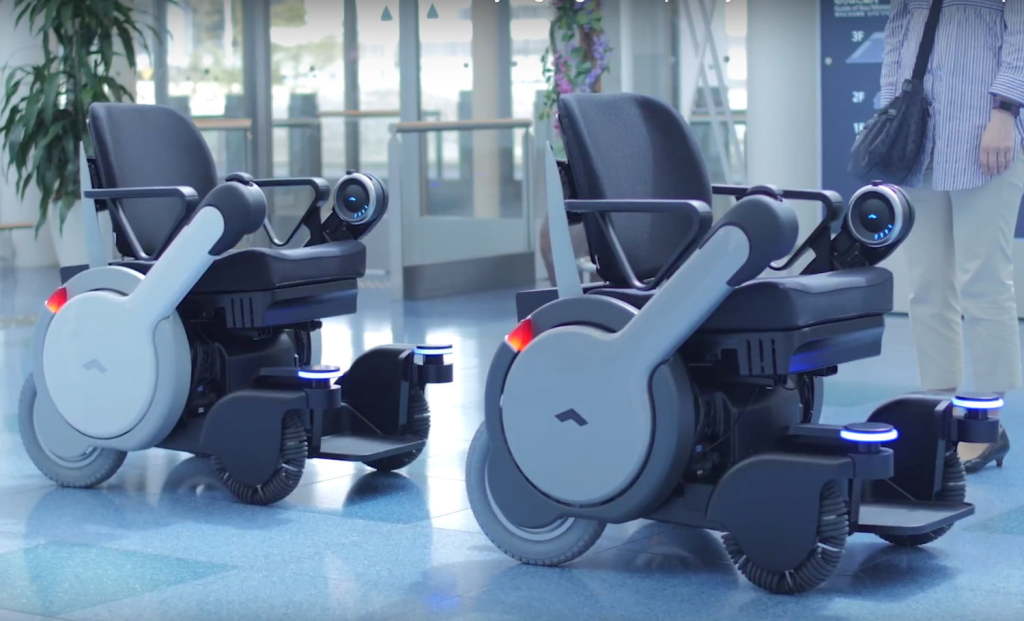If one is poor or handicapped, one wants to be in a rich country.
To see why, first ask: What kind of society most generates riches – tribal, feudal, socialist, dictatorial, or capitalist? Free-market societies generate huge amounts of capital, and it is precisely that capital that enables the least fit among us to survive and even flourish.
Food for those who can’t hunt. Medical products and care that extend and ease their lives. Technology that enables them mobility and communication. (Example: Amazon currently sells over 3,000 kinds of wheelchairs.) Increased compassion and leisure time among those whose basic needs are looked after, which enables them to devote energy and resources to those less well off. And more.
By contrast: compare how the slower, the handicapped, and the elderly fare in poorer, anti-capitalist cultures. It’s not pretty.
I sometimes wonder how many quadripalegics can become millionaires in non-capitalist nations.
Speaking of which, a handicapped student at my university drives his own truck with this hoist to get himself and his equipment in and out:
Riches, freedom, and independence, indeed.


Good pont.
Herbert Spencer makes a similar point in volume 3 of his “Principles of Sociology,” emphasizing the differing “types” of people able to find niches in the social system of division of labor in a “militant” versus an “industrial” society. And therefore the “unfit” for tribal “militant” society survival have the capacity and possibility of successfully survival in market-based, “industrial” society.